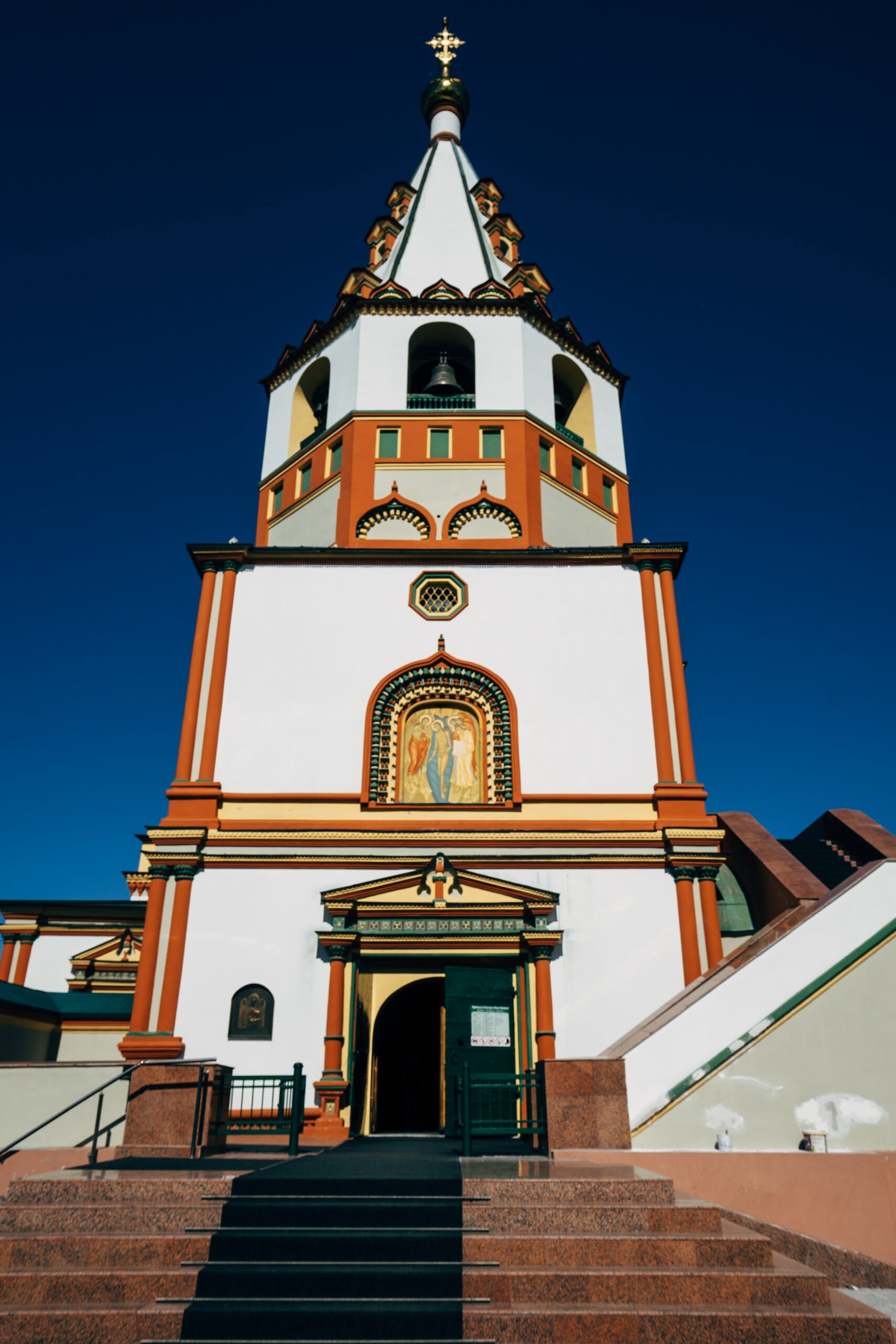This is a topical article:
Comment
©
IMAGO / Le Pictorium/Gilles Bader
War in Ukraine: Hundreds of thousands of people are fleeing. The effects of the invasion launched by Russian President Vladimir Putin will change the world forever. They will also leave their mark on European agricultural policy, because the importance of food security is becoming clearer.
Simon Michel-Berger, agrarheute
On Wednesday, March 02, 2022 – 05:00
The world changed when Russia, led by Vladimir Putin, invaded Ukraine. This will also leave its mark on agricultural policy. What should change and what shouldn't?
Just a few years ago nobody believed that a plague would ever again grip the world. Then Corona came. Just a few years ago nobody believed that there would ever be another war of aggression in Europe. Then came Vladimir Putin's Ukraine war. Today nobody believes that there could ever be a famine in Western Europe again. But the world has changed and the certainties of yesterday are no longer coming back, as much as we might wish.
Energy and food security are becoming more important
©
Sven Stolzenwald
A commentary by agrarheute editor-in-chief Simon Michel-Berger.
Farmers have to adapt to the new situation and agricultural policy must also change. Exactly how, one cannot yet say conclusively. What is clear is that food and energy security must play a bigger role than it did a month ago. It would be wrong to say that environmental protection policies must be massively scaled back and that agriculture must return to production at any cost. It would be equally wrong to say that environmental protection policy must remain absolutely unchanged. One thing is clear: it can only work if there is mutual agreement between the agricultural and environmental side.
Russia will become less important as an agricultural exporter
Food and energy prices will continue to rise in the near future. No matter how the Ukraine war goes on, agricultural exports from the country will fall massively. Agricultural exports from Russia to the EU will also decrease. On the one hand, because agricultural production there is becoming more expensive due to sanctions against the Russian Agricultural Bank and Russian transport companies. On the other hand, because it would be a moral declaration of bankruptcy by the West if energy and agricultural products from Russia continued to be bought on a large scale in the long term.
The West risks moral bankruptcy in agricultural trade
What would EU taxonomy regulation or supply chain legislation be worth if funding rules that penalize climate change or conventional animal husbandry are at the same time positive about products from a country whose president is waging a war of aggression? If there are no energy or agricultural sanctions against Russia, there will probably be a private waiver. Greenpeace's "Brent Spar" campaign is almost 30 years old. But anyone who is angry about the sinking of a disused oil drilling platform in the North Sea and then no longer fills up at Shell cannot in good conscience heat with Russian gas and eat food produced with Russian agricultural products when cities in Ukraine are being bombed.
Food production is becoming even more the foundation of global solidarity
However, if Ukraine and Russia are massively restricted as agricultural exporters or even cease to exist, the EU will need alternatives. That can't be Brazil, because its President Jair Bolsonaro is showing solidarity with Vladimir Putin. In the medium term, the global market will create new offers for food production. But that takes time. As early as next winter, however, rising food prices around the world could lead to significantly more hunger in the world. There will be no sign of this in Western Europe. But what would remain of the moral superiority claimed by the West if we starved people elsewhere? The vision of a world without hunger has already faded due to Corona and the war will make it even worse. Allies are found by those who feed the people who cannot feed themselves. If the West fails to do this, global solidarity with Ukraine will also dwindle.
Symbols are also becoming more important in agricultural policy
The Ukrainian President Volodymyr Zelenskyj impressively made clear how important symbols are in the current political situation. The Federal Republic of Germany has also understood this – see the announced delivery of weapons such as rockets and helmets, which will not result in a military decision, but are an important sign of solidarity. German agricultural policy should not remain inactive either and send a quick signal. Not to completely overturn agricultural policy, but to show that the new global reality is understood.
Limit the obligation to set aside agricultural land
From 2023 there will be an obligation to set aside 4% of agricultural land. German farmers are currently considering how to integrate this into their future cultivation plans. A sign that could be sent to Russian President Vladimir Putin by Minister of Agriculture Cem Özdemir would be to suspend this obligation to set aside land if energy crops are being cultivated on these areas. The step would not be without a historical precedent: in 2008, the most recent mandatory shutdown in the EU was suspended in view of high grain prices worldwide.
What must happen in German and EU agricultural policy in the medium term
In the medium term, the entire EU Green Deal should then be put to the test. This must be done in the light of the recommendations of the Future Commission on Agriculture and the new global political situation. But this must not happen in a hurry, agriculture is too important for that. First, the West, the EU and Germany must become aware of what the newly found courage in foreign policy means and how to live it consistently and permanently in all areas of politics.



